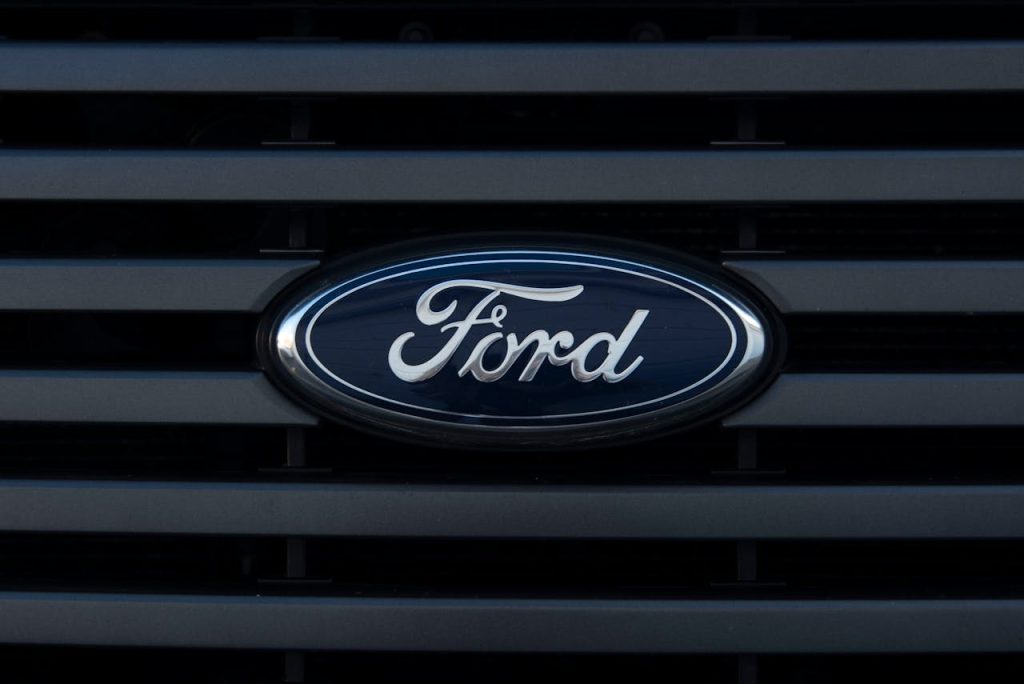With plans for a $30,000 electric pickup for American consumers and a $2 billion renovation of its Louisville, Kentucky, plant, Ford Motor is attempting to combat the growth of low-cost Chinese electric vehicles. In 2027, production will begin.
The carmaker plans to make the new EV line more compact, reasonably priced, and technologically advanced—a combination of attributes that have allowed Chinese companies like BYD to dominate markets in Asia, the Middle East, and Europe. Those brands are growing quickly in Mexico and Latin America, but they are not available in the domestic market due to high U.S. tariffs.
Ford targets Chinese EV threats with new electric pickup
“This is a bold and difficult undertaking to compete with the best in the world,” said Doug Field, a former executive at both Tesla and Apple and now leading Ford’s technical transformation. CEO Jim Farley, announcing the plan, acknowledged the risk: “I can’t tell you with 100% certainty that this will all go right.”
For speed and efficiency, Ford’s new EVs will be made with lighter materials, fewer parts, and a retooled manufacturing process. Additionally, three parallel assembly lines will reduce production time by 15%, and large single-piece aluminum castings will replace dozens of smaller components. There will be 2,200 hourly workers at the Louisville factory, which is roughly 600 fewer than it currently has. Lithium iron phosphate batteries, which are roughly 35% less expensive than those based on nickel and cobalt, will power the pickup. The vehicle will use the battery pack as its floor to save space and reduce noise. By next year, Ford plans to invest $3 billion in Michigan to produce these batteries.
In 2024, Ford’s electric vehicle division lost $5 billion, and in 2025, it anticipates even greater losses. Last year, the company abandoned plans for a three-row electric SUV and postponed the release of a large electric pickup and a commercial EV van until 2028.
The push comes as demand for EVs in the US declines. September marks the expiration of federal tax credits of up to $7,500 for new electric vehicles, and additional challenges could arise from the rollback of emissions regulations. Still leading the U.S. market, Tesla is now trailing BYD in Europe due to a global sales slump. With a starting price of $40,000 and a range of 379 miles, BYD’s Sea Lion 07 outperforms Ford’s Mustang Mach-E.
Featured Image Credit: Julissa Helmuth; Pexels: Thank you!














